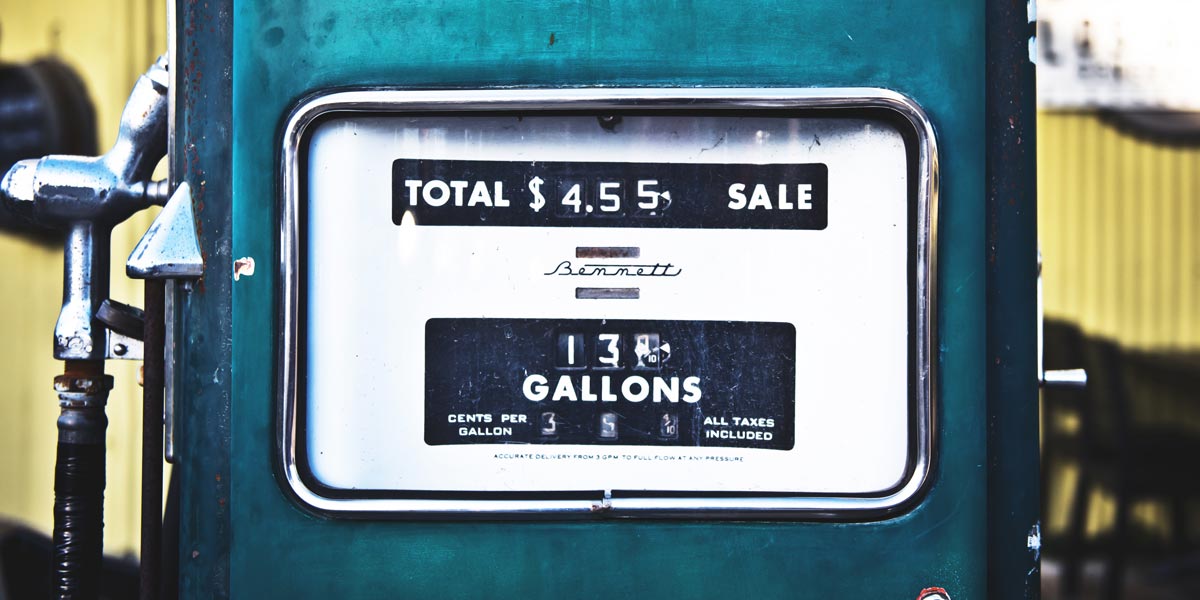Fuel that costs the Earth: How much green tax should be put on a litre of petrol?
Experts disagree on how to account for the cost of climate change. By surveying different views, Professor Mark Freeman and a group of researchers have identified social discount rates that many can agree on.

The issue
When costing climate change policy, we need to make ethical decisions about how much today’s society should sacrifice for the good of future generations. Social discount rates (SDRs) attribute a current financial value to expected future benefits: the lower the rate, the more weight we must give to future impacts when costing out policies.
Experts disagree on how SDRs should be calculated. Because economic policy is so often based on expert opinion, establishing where the consensus lies gives governments a benchmark against which to judge the intergenerational fairness of different environmental policy options.
The research
In order to disentangle the causes of disagreement on the SDR, the survey was structured around a well-known framework for inter-temporal welfare evaluations: the simple Ramsey Rule, which is widely used in international policy circles.
Experts gave differing opinions on how to determine SDRs. Most deviated from the simple Ramsey Rule, choosing instead different theoretical frameworks that resulted in widely varying recommendations.
Individuals recommended rates anywhere between 0 and 10 per cent. However, 92 per cent of experts reported that they would be comfortable with an SDR somewhere between one and three percent. Over three-quarters found an SDR of two per cent acceptable.
The outcome
This team’s work has influenced guidance issued by HM Treasury and other European finance ministries, the Office for National Statistics, the OECD, and a range of other international governmental organisations.
The research informed 'How much green tax should be put on a litre of petrol?', an item which Professor Freeman presented at the Chartered Association of Business Schools' Research Exhibition at Edinburgh University.
.jpg)
Mark Freeman
Professor Freeman's research interests focus on very long-term, often intergenerational, problems in cost-benefit analysis and portfolio management.
